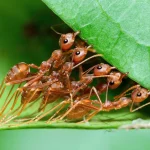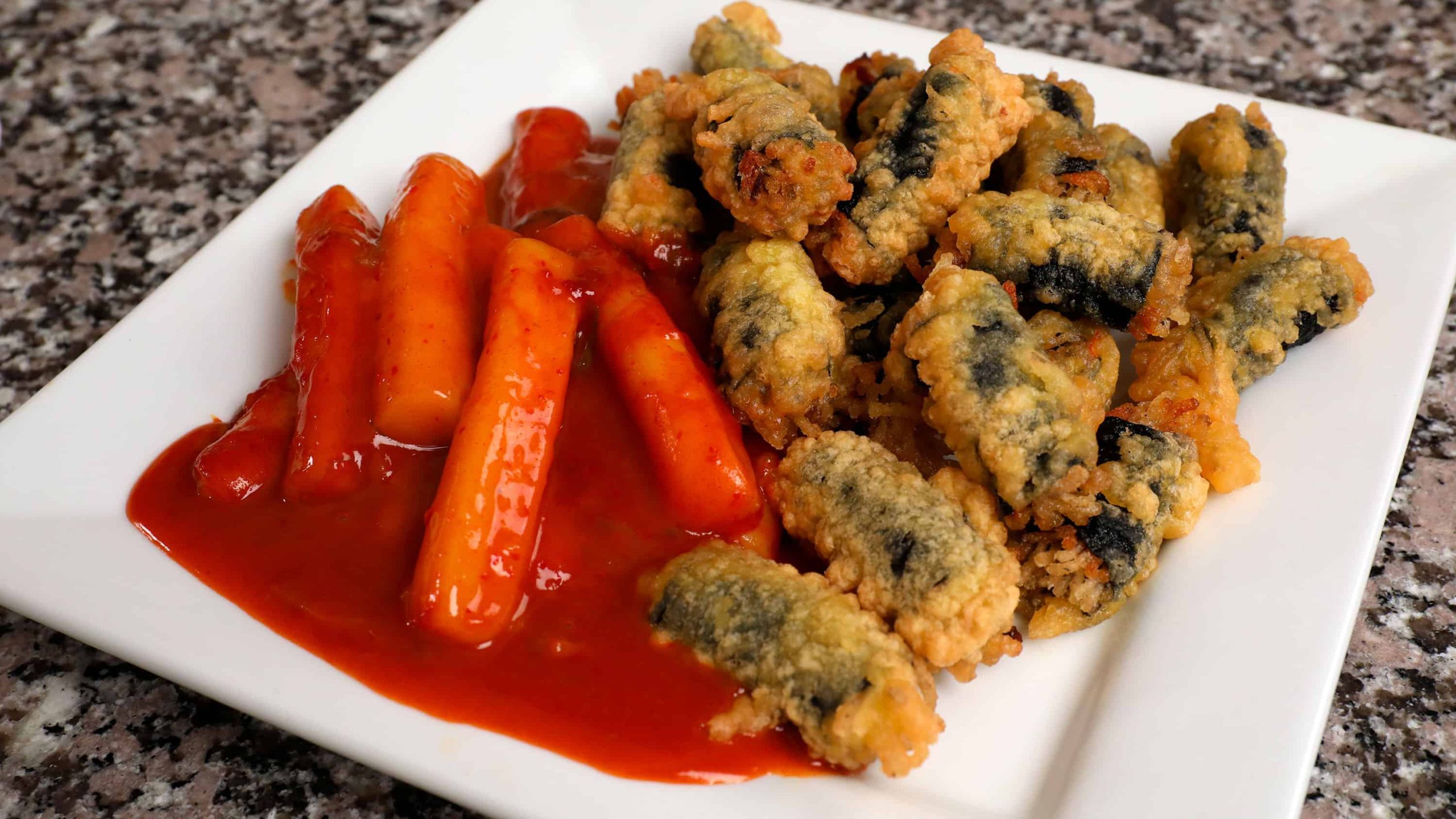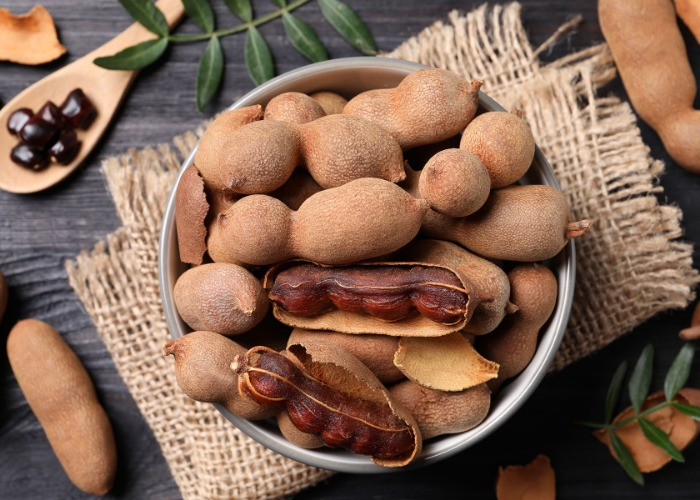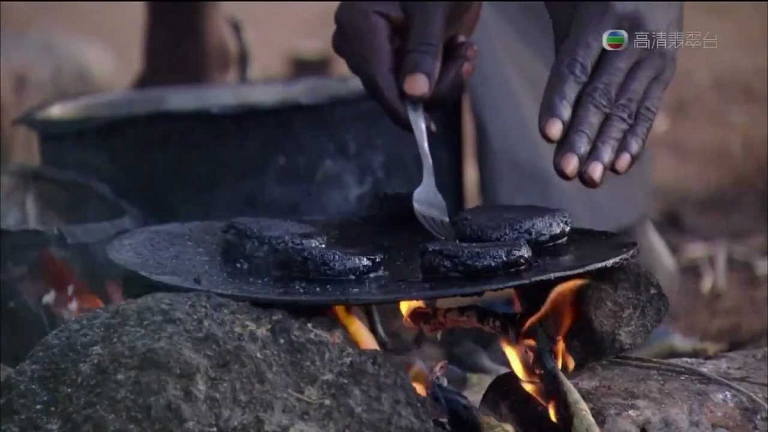innovuscollege.com – Imagine a race where men sprint through an obstacle course while carrying their female partners...
innovuscollege.com – The Higgs boson, often dubbed the “God particle” (a term popularized by Leon Lederman’s book...
innovuscollege.com – Gimmari is one of Korea’s most beloved street snacks, known for its irresistible crunch and...
innovuscollege.com – In the small village of Castrillo de Murcia, in the province of Burgos in northern...
innovuscollege.com – World Basketball Day, celebrated every year on December 21, is a global tribute to a...
innovuscollege.com – The magnetic compass, one of humanity’s most transformative inventions, revolutionized navigation and exploration. Its discovery...
Tamarind is a tropical fruit derived from the pods of the Tamarindus indica tree, widely used across...
In a major development that could reshape fundamental physics, researchers at Tohoku University have proposed a novel...
Far from coastlines, deep in the heart of the Eurasian landmass, lies a city that holds a...
In the African Great Lakes region — particularly near Lake Malawi — communities have long turned swarms...
























